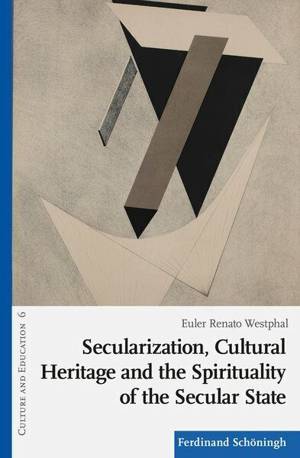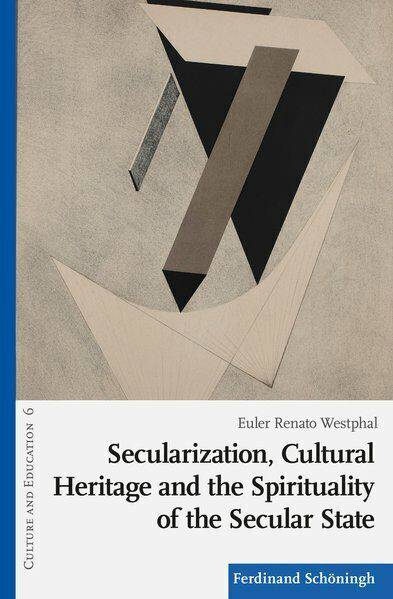
Bedankt voor het vertrouwen het afgelopen jaar! Om jou te bedanken bieden we GRATIS verzending (in België) aan op alles gedurende de hele maand januari.
- Afhalen na 1 uur in een winkel met voorraad
- In januari gratis thuislevering in België
- Ruim aanbod met 7 miljoen producten
Bedankt voor het vertrouwen het afgelopen jaar! Om jou te bedanken bieden we GRATIS verzending (in België) aan op alles gedurende de hele maand januari.
- Afhalen na 1 uur in een winkel met voorraad
- In januari gratis thuislevering in België
- Ruim aanbod met 7 miljoen producten
Zoeken
Secularization, Cultural Heritage and the Spirituality of the Secular State
Between Sacredness and Secularization
Euler Renato Westphal
€ 214,45
+ 428 punten
Omschrijving
The purpose of this study about theological aspects of culture and social ethics is to investigate the relation between the theological tradition arising from Luther and the cultural immateriality which is culturally expressed in material progress and work. It is necessary to remember that it was Protestant theology itself that enabled this secularization process. Protestantism and modernity with its secularization proposal are processes that condition one another. Paul Tillich calls modernity and secularization the "Protestant Era" in the context of the Western culture of economic progress. It was mainly the theological tradition of the Enlightenment that separated the kingdom of the right from the kingdom of the left, law and gospel, creation and redemption, in such a way that the scope of creation became so autonomous that it dismissed the justification through the work of Christ, the gospel.
Specificaties
Betrokkenen
- Auteur(s):
- Uitgeverij:
Inhoud
- Aantal bladzijden:
- 127
- Taal:
- Engels
- Reeks:
- Reeksnummer:
- nr. 6
Eigenschappen
- Productcode (EAN):
- 9783506702609
- Verschijningsdatum:
- 1/10/2019
- Uitvoering:
- Paperback
- Formaat:
- Trade paperback (VS)
- Afmetingen:
- 155 mm x 235 mm
- Gewicht:
- 234 g

Alleen bij Standaard Boekhandel
+ 428 punten op je klantenkaart van Standaard Boekhandel
Beoordelingen
We publiceren alleen reviews die voldoen aan de voorwaarden voor reviews. Bekijk onze voorwaarden voor reviews.









